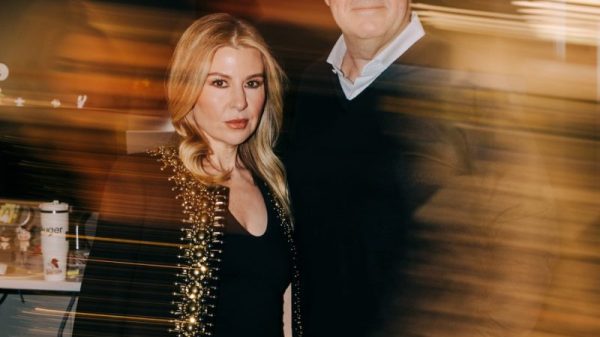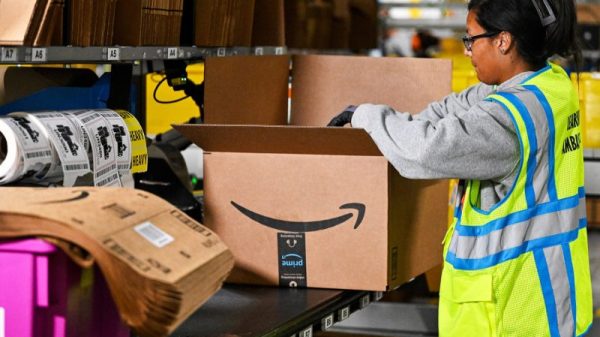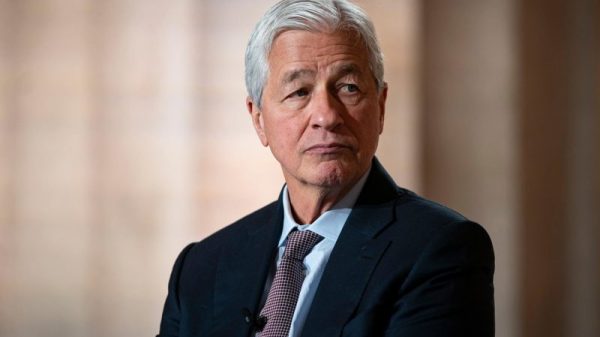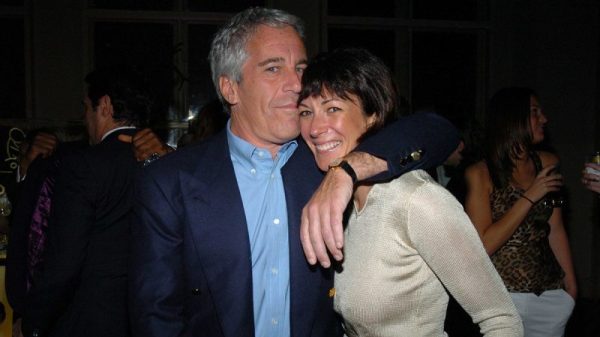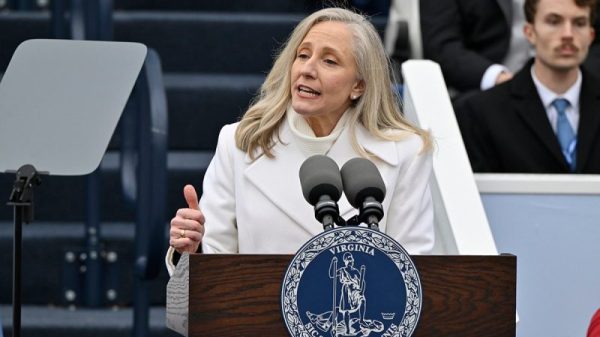TV ads promise to “cut out the middleman,” but the middleman has always been tragically misunderstood. Thomas Sowell devotes a section of his Race and Culture: A World View to “middleman minorities” and their plight (pp. 46-59). Frederic Bastiat explained their error in a chapter on “intermediates” in his 1850 classic “That Which is Seen, and That Which is Not Seen.” Walter Block includes chapters on “The Moneylender” and “The Middleman” in his book Defending the Undefendable. However, when we think clearly about things, we see that the middleman is a public servant, not a predator.
If only we understood. Occasional riots and pogroms threaten the lives and livelihoods of overseas Chinese, South African Indians, Korean grocers in the United States, Jews everywhere, and other “middleman minorities” who tend to be shut out of many occupations and pushed into low-dignity careers as merchants and moneylenders. When they prosper, observers and activists chalk it up to witchcraft or conspiracy. After all, they aren’t making anything, sweating, or getting their hands dirty. Whether working as lenders, landlords, or merchants, they just move things around and collect money.
Is the middleman a devious villain preying on unsuspecting sellers from whom he can buy low and unsuspecting buyers to whom he can sell high? Hardly. The middleman creates wealth even though he doesn’t make anything. He makes his money by helping people who testify that they are better off by the very act of dealing with him. The middleman helps people in two ways that are hard to see but that are not, therefore, unimportant. Someone who buys an antique lamp at a yard sale for $2 helps out someone who wants to clean out the garage or attic or who needs cash now to take care of a medical emergency or cover expenses after losing a job. Even if selling the lamp for $2 is the best among bad options, the person selling the lamp reveals that the alternatives are even worse.
And what about the person who buys the same lamp from the middleman for $100? Maybe the buyer had been looking high and low for exactly that lamp. Maybe he saw the lamp and realized he had a lamp-shaped hole in his soul that he was willing to fill for $100. Regardless of his motivation, the buyer shows that he is, in his estimation, better off because he has the lamp rather than the $100.
Think about loans, and think about people’s disdain for “exploitative” payday lenders. Ironically, the people who have done the most to extend credit to those on society’s margins have been roundly denounced instead of being celebrated for extending credit to those at most risk of non-payment, they have been denounced for asking for the high interest rates needed to make those loans worthwhile. Tragically, the move to restrict payday lending has been a move to deprive the poor of much-needed credit. Survey evidence suggests that payday lenders’ customers are satisfied with the service they receive, and critics have to answer an uneasy question: if payday lending were profitable, why don’t greedy people swoop in and take all those profits for themselves by providing better service for lower prices?
Would we make people better off if we got rid of middlemen? Observers might think so because they might think it foolish to accept $2 or pay $100 for a lamp, but letting people make their own choices is an important part of respecting one another as free equals. As David Henderson has explained, we don’t help people by prohibiting the choices they actually make, and Michael Munger explains why this applies even to “voluntary” exchanges that look exploitative. If you don’t like it, the onus is on you to offer something better.







